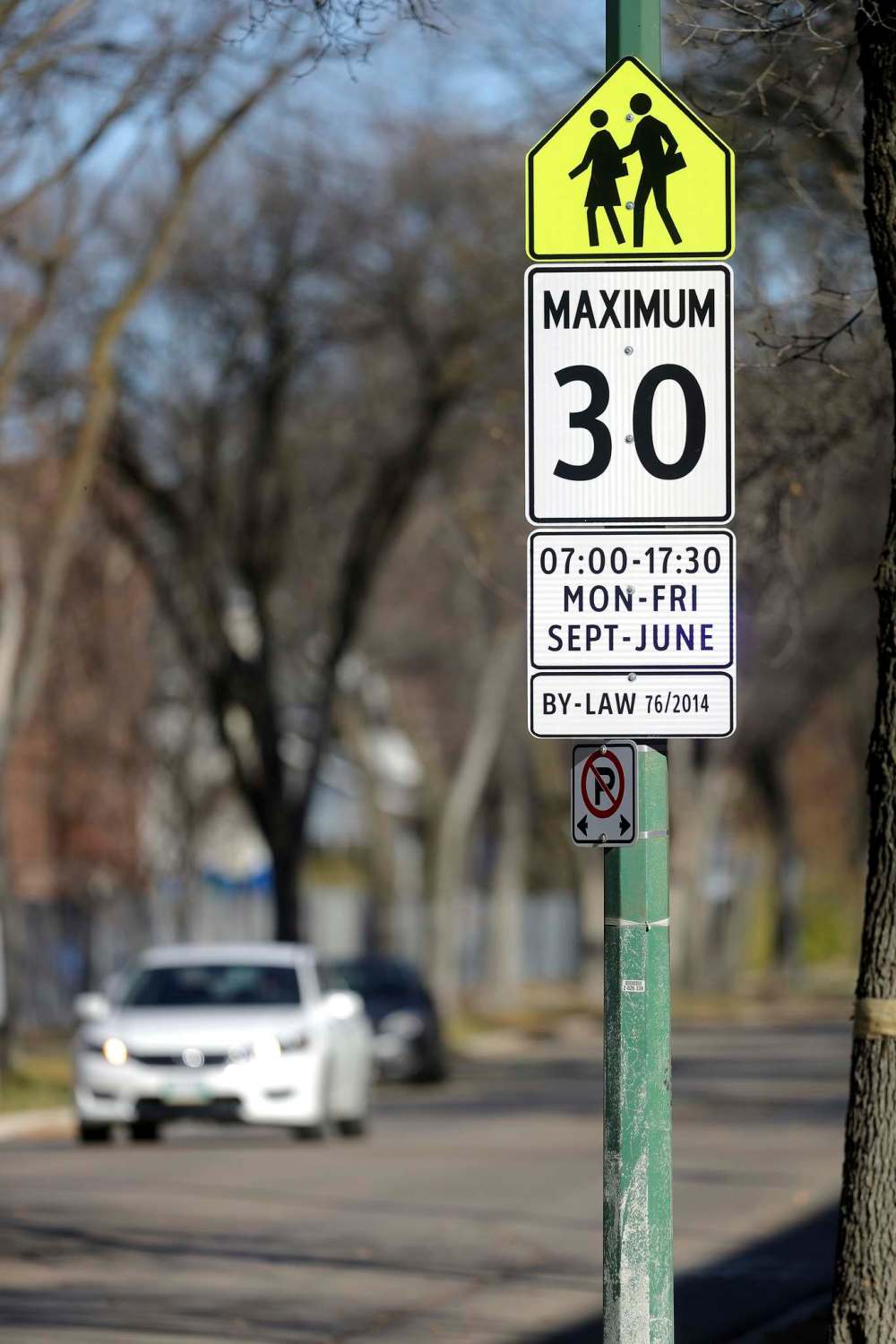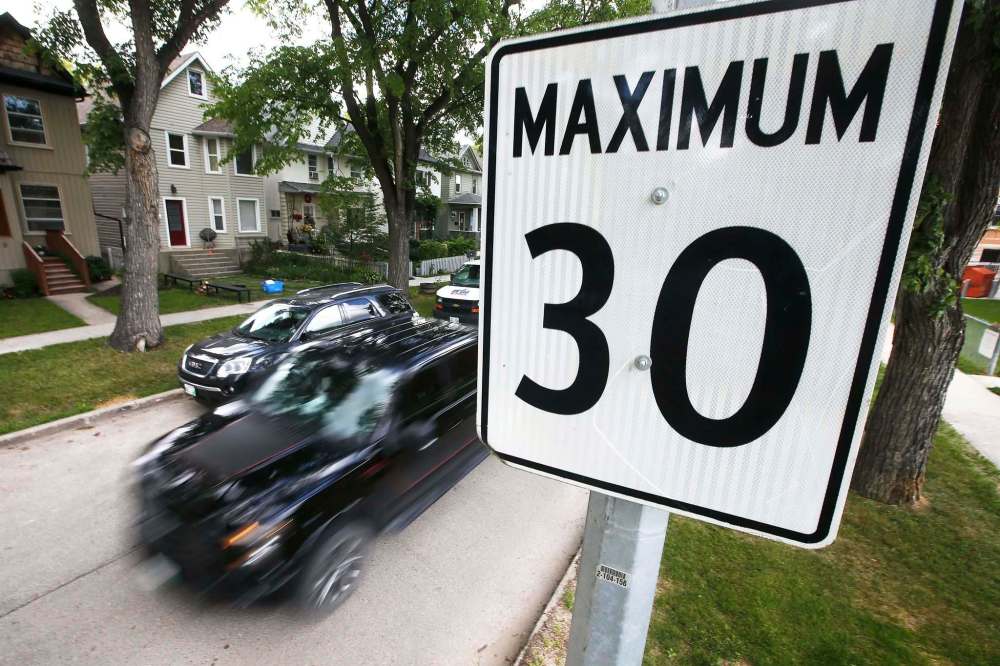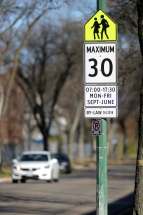Plebiscite push hits well-placed roadblock
Read this article for free:
or
Already have an account? Log in here »
To continue reading, please subscribe:
Monthly Digital Subscription
$0 for the first 4 weeks*
- Enjoy unlimited reading on winnipegfreepress.com
- Read the E-Edition, our digital replica newspaper
- Access News Break, our award-winning app
- Play interactive puzzles
*No charge for 4 weeks then price increases to the regular rate of $19.00 plus GST every four weeks. Offer available to new and qualified returning subscribers only. Cancel any time.
Monthly Digital Subscription
$4.75/week*
- Enjoy unlimited reading on winnipegfreepress.com
- Read the E-Edition, our digital replica newspaper
- Access News Break, our award-winning app
- Play interactive puzzles
*Billed as $19 plus GST every four weeks. Cancel any time.
To continue reading, please subscribe:
Add Free Press access to your Brandon Sun subscription for only an additional
$1 for the first 4 weeks*
*Your next subscription payment will increase by $1.00 and you will be charged $16.99 plus GST for four weeks. After four weeks, your payment will increase to $23.99 plus GST every four weeks.
Read unlimited articles for free today:
or
Already have an account? Log in here »
Hey there, time traveller!
This article was published 28/01/2021 (1776 days ago), so information in it may no longer be current.
A city councillor’s call for a plebiscite on whether to lower the default speed limit on Winnipeg’s residential streets from 50 km/h to 30 km/h has hit a dead end. That’s good. A plebiscite is not the way to handle a matter as important as road safety.
Coun. Shawn Nason had pushed for the non-binding plebiscite after the issue became a heated topic of public conversation following the introduction in recent years of 30 km/h school zones in Winnipeg, and also because council plans to test a 30 km/h limit on five residential streets for a one-year trial.
The pitch to let the public have its say through a plebiscite was declined by council’s executive policy committee last week.

Before the proposal was rejected, however, it offered an opportunity to consider the tricky business of plebiscites, a form of direct democracy with which Winnipeg voters have scant experience compared to voters in some western U.S. states and some European countries.
In the past 38 years, Winnipeg has had only one plebiscite: “Do you support the opening of Portage and Main to pedestrian crossings?” That plebiscite in 2018, which ended with 65 per cent voting no, was preceded by a public debate that escalated into a cacophony of emotional appeals and irrelevances that drowned out reliable evidence from traffic-flow experts and engineers.
Recently, Winnipeg learned it will pay a high cost for council adhering to that plebiscite decision: an engineering report now says the concourse will need up to $47 million in improvements to repair leaks and replace electrical and heating systems.
Information about the sorry state of the concourse was available before the public voted, but these crucial facts were largely overlooked by citizens who, heady with the experience of populist politics, opined at length about emotional attachments to the famous intersection and personal concerns such as the fear of being caught in traffic jams on their occasional forays downtown from the suburbs.
The Portage and Main vote highlighted a flaw of plebiscites: they don’t work well on issues that are complex. Many voters don’t have, and generally don’t seek, adequate expertise to vote knowledgeably on public-policy issues with many ramifications. That’s why they elect politicians who are supposed to study the issues deeply, consult experts and make decisions that are broadly based and fair.
The issue of whether to drop the residential speed limit to 30 km/h is a topic on which everyone has an opinion — it’s common to hear drivers complain, “It already takes me too long to drive anywhere in this city” — but that doesn’t mean everyone is qualified to competently evaluate the issue and its implications.

Council should proceed with the planned one-year trial of the 30 km/h limit on five residential streets, evaluate the results of that experiment, and seek further information from traffic-safety experts and data on how such a speed reduction has worked in other cities. Only then should council decide whether to extend the 30-km/h limit to all residential roads.
Citizens with strong opinions on the issue can still have their say. They can lobby their representative politicians. They can sign a petition, as 9,000 people opposing the 30 km/h proposal have already done. And they can keep the matter in mind when they vote in Winnipeg’s next municipal election on Oct. 26, 2022.
Councillors were elected to represent the interests of their constituents and make informed decisions. Let them do their job.




.jpg?h=215)





